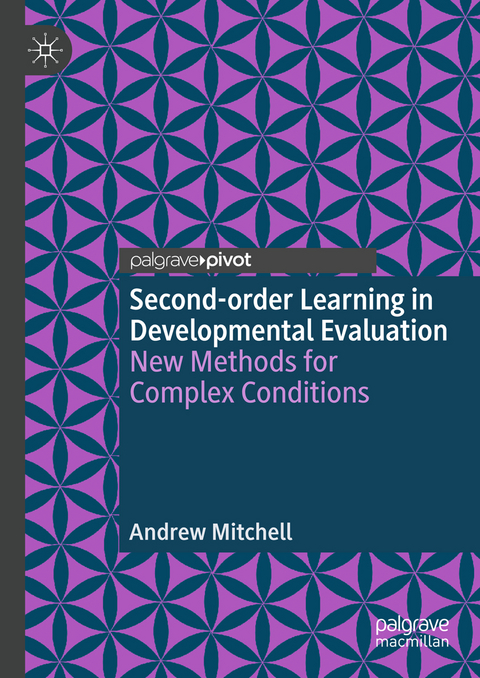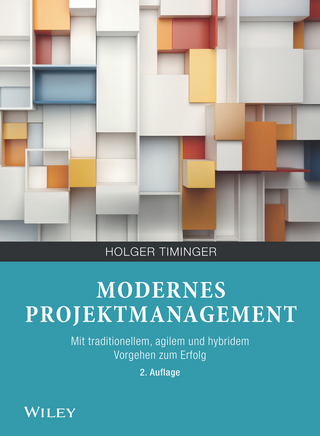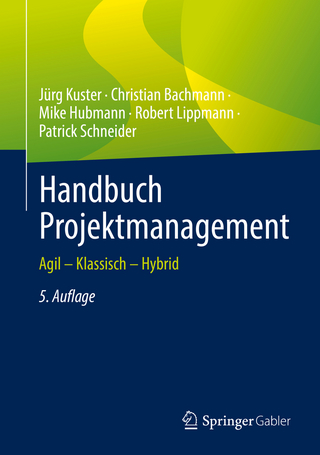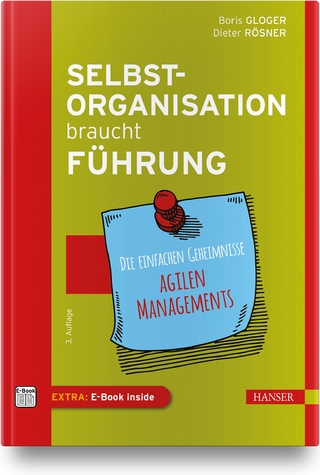
Second-order Learning in Developmental Evaluation
Springer International Publishing (Verlag)
978-3-319-99370-6 (ISBN)
This book aims to account for how project learning and adaptation occurs through Developmental Evaluation (DE), especially under conditions of uncertainty, complexity and change. Drawing on enactive cognitive science, the author presents a DE framework designed to augment traditional monitoring and evaluation activities. Discussing this framework in detail, the author also reports upon an extended case project investigating the sustainability of a market town in the UK. The framework aims to support the reader in capturing second-order learning and exploring opportunities for innovative responses to dynamic, uncertain and complex operational conditions. Recommendations are offered for future research, and how the framework might be incorporated into the design and funding of projects deployed to work with wicked problems.
Andrew Mitchell is a Research Fellow at De Montfort University in Leicester, UK. His background is in community based projects, working with complex and wicked problems. He undertakes qualitative research in project-based learning as well as socio-economic evaluations of project impacts.
Introduction.- Evaluating complexity.- Second-order learning systems.- Community-based sustainability initiatives as learning systems.- Concluding remarks.
| Erscheinungsdatum | 03.10.2018 |
|---|---|
| Zusatzinfo | XI, 146 p. 2 illus. |
| Verlagsort | Cham |
| Sprache | englisch |
| Maße | 148 x 210 mm |
| Gewicht | 339 g |
| Themenwelt | Wirtschaft ► Betriebswirtschaft / Management ► Projektmanagement |
| Wirtschaft ► Betriebswirtschaft / Management ► Unternehmensführung / Management | |
| Schlagworte | Action Research • cognitive science • Complex Problems • developmental evaluation • enactive cognition • project evaluation • project learning • Project Management • Public Policy • Qualitative Research Methods • second-order learning • sustainability • Thematic Analysis • Wicked Problems |
| ISBN-10 | 3-319-99370-4 / 3319993704 |
| ISBN-13 | 978-3-319-99370-6 / 9783319993706 |
| Zustand | Neuware |
| Haben Sie eine Frage zum Produkt? |
aus dem Bereich


